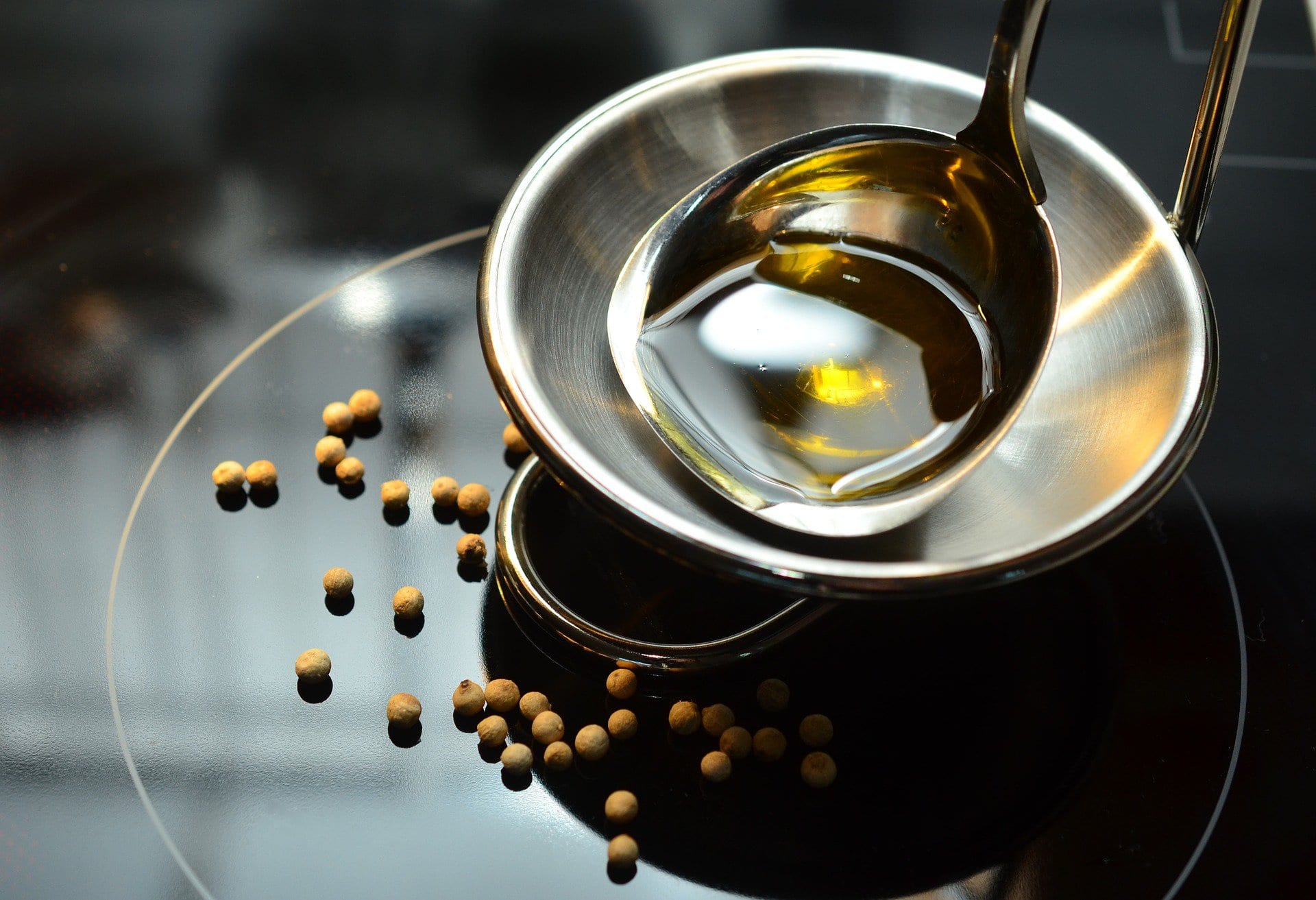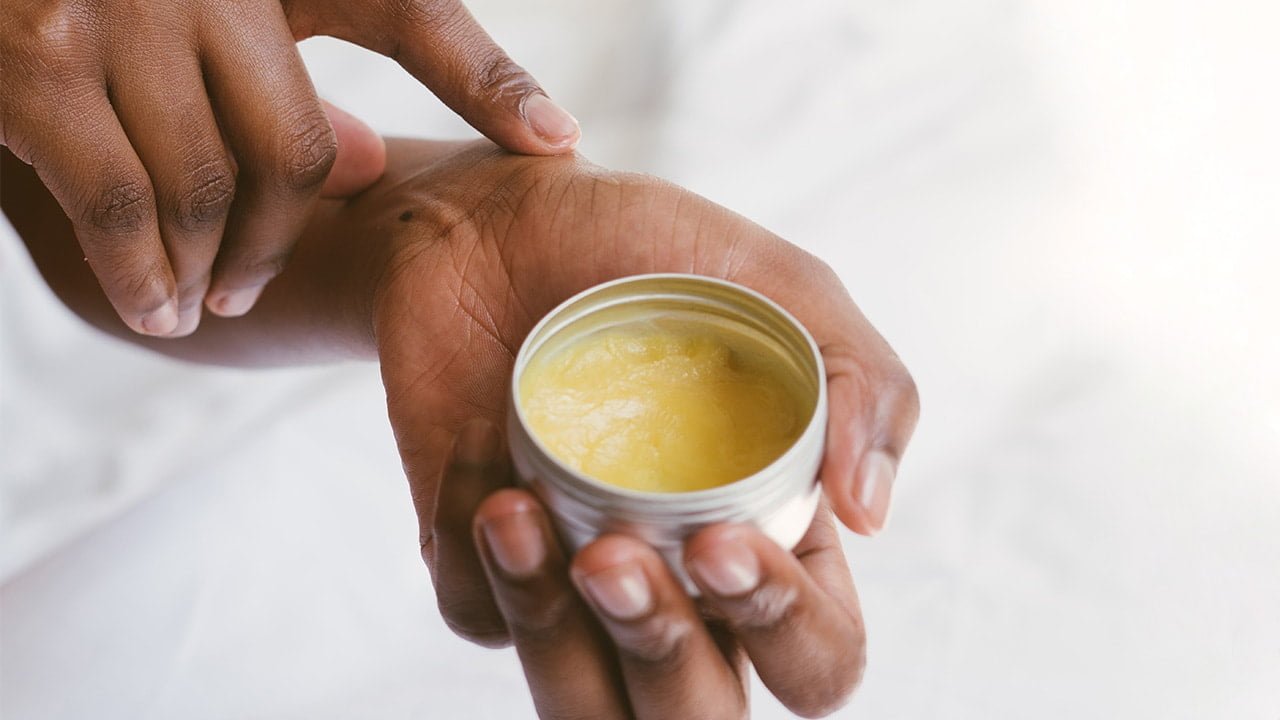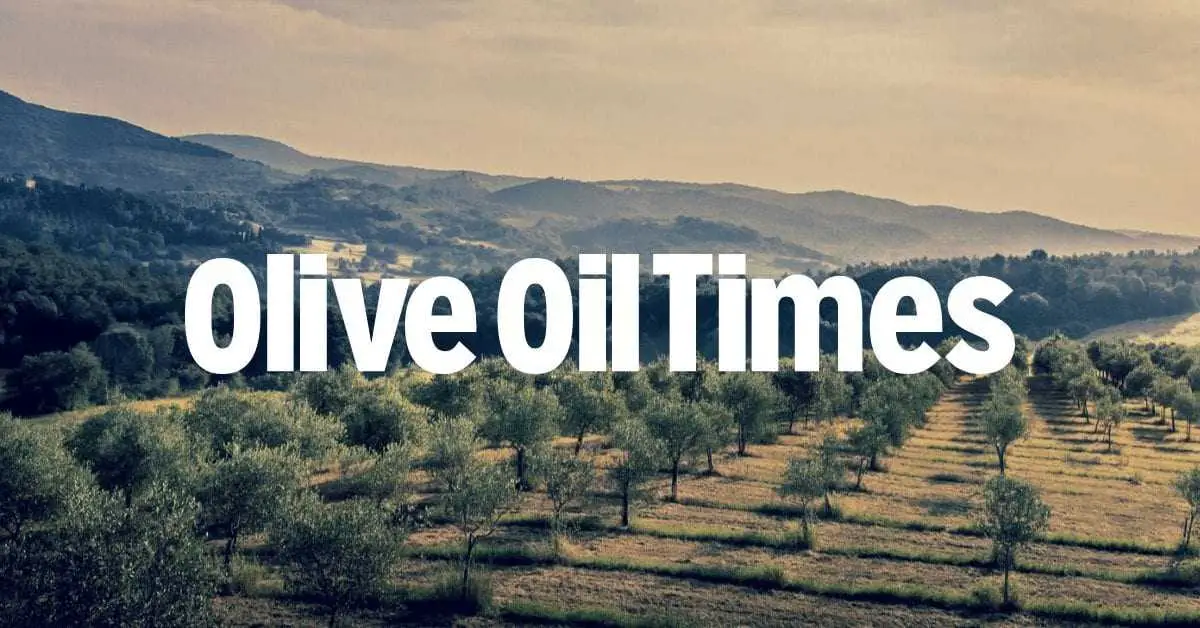The cold pressed olive oil is a type of olive oil that is obtained through a particularly careful process. This method focuses on preserving the quality and nutrients of the oil. To understand it better, we can compare this process to extracting juice from a fruit without heating it, which keeps its flavor and properties intact.
Contenidos / Contents
Cold pressed olive oil
In the production of cold-pressed olive oil, olives are pressed at a temperature not exceeding 27 °C (80.6 °F). This low temperature is crucial because it ensures that the oil does not lose its organoleptic characteristics, such as aroma and flavor, nor its health benefits, such as antioxidants and monounsaturated fatty acids.
The benefits of cold-pressed olive oil include:
- High quality flavor and aroma: Since the oil is not exposed to high temperatures, it retains its natural flavor and aroma better.
- Nutrient preservation: The antioxidants and vitamins present in olives are preserved in greater quantities.
- Lower acidity: Generally, this oil has a lower acidity, which is an indicator of high quality.
Why is the price of cold-pressed olive oil higher?
However, it is important to keep in mind that cold-pressed olive oil tends to have a higher price due to its more detailed and laborious extraction process and lower yield compared to methods using heat.
Cold pressed olive oil is an excellent choice for those who are looking for a high quality oil, with full flavor and nutritional properties. It is ideal for use in salads or dishes where the flavor of the oil can stand out and complement the other ingredients.
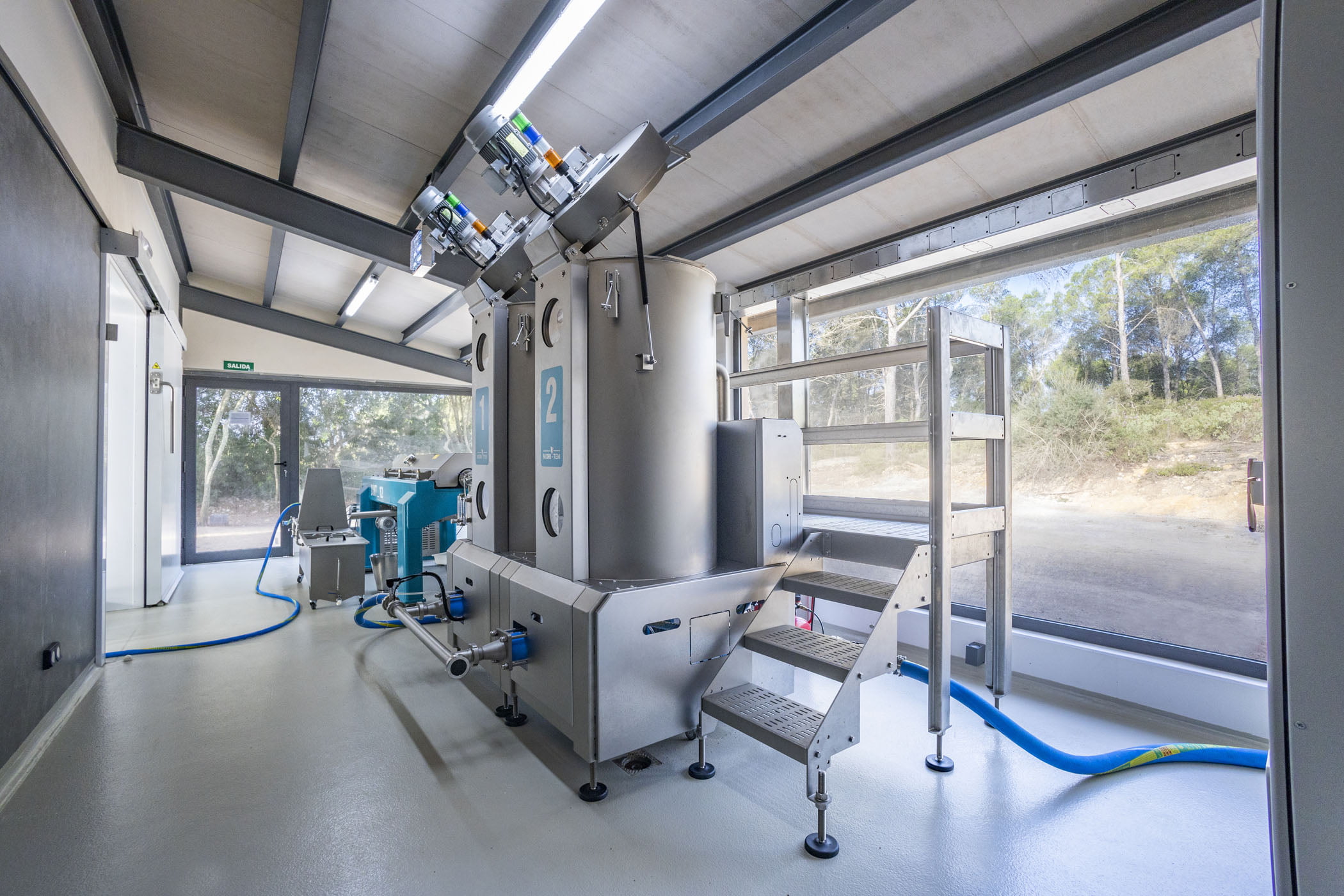
Olive oil extracted using high temperatures or chemicals
olive oil that has not been cold pressed is usually extracted using techniques involving higher temperatures and sometimes chemical methods. This process differs significantly from cold pressing and has several implications in terms of flavor, quality and nutritional properties.
- Extraction process: In non-cold extraction, olives can be heated or even treated with chemicals to increase the oil yield. This means that more oil can be extracted from the same amount of olives compared to the cold-pressed method.
- Flavor and aroma: Heating during the extraction process can alter the volatile compounds in the oil, resulting in a less intense and complex flavor and aroma than cold-pressed oil. This type of oil may have a smoother, more uniform flavor.
- Nutritional properties: Heating can reduce the amount of nutrients, such as antioxidants (polyphenols) and vitamins. However, olive oil, in general, remains a healthy source of monounsaturated fats.
- Quality: Often, these oils are classified as ‘olive oil’ or ‘virgin olive oil’, there are even extra virgin olive oil in which no cold control is used, as opposed to ‘extra virgin olive oil’of high quality, which is usually cold-pressed. Acidity and other chemical parameters may vary, being in some cases higher than in cold-pressed oils.
- Price: Generally, these oils are cheaper due to their higher production yield and less rigorous process.
In summary, non-cold-pressed olive oil can be a more economical option for cooking when you do not want to highlight dishes and do not attach so much importance to the final result.
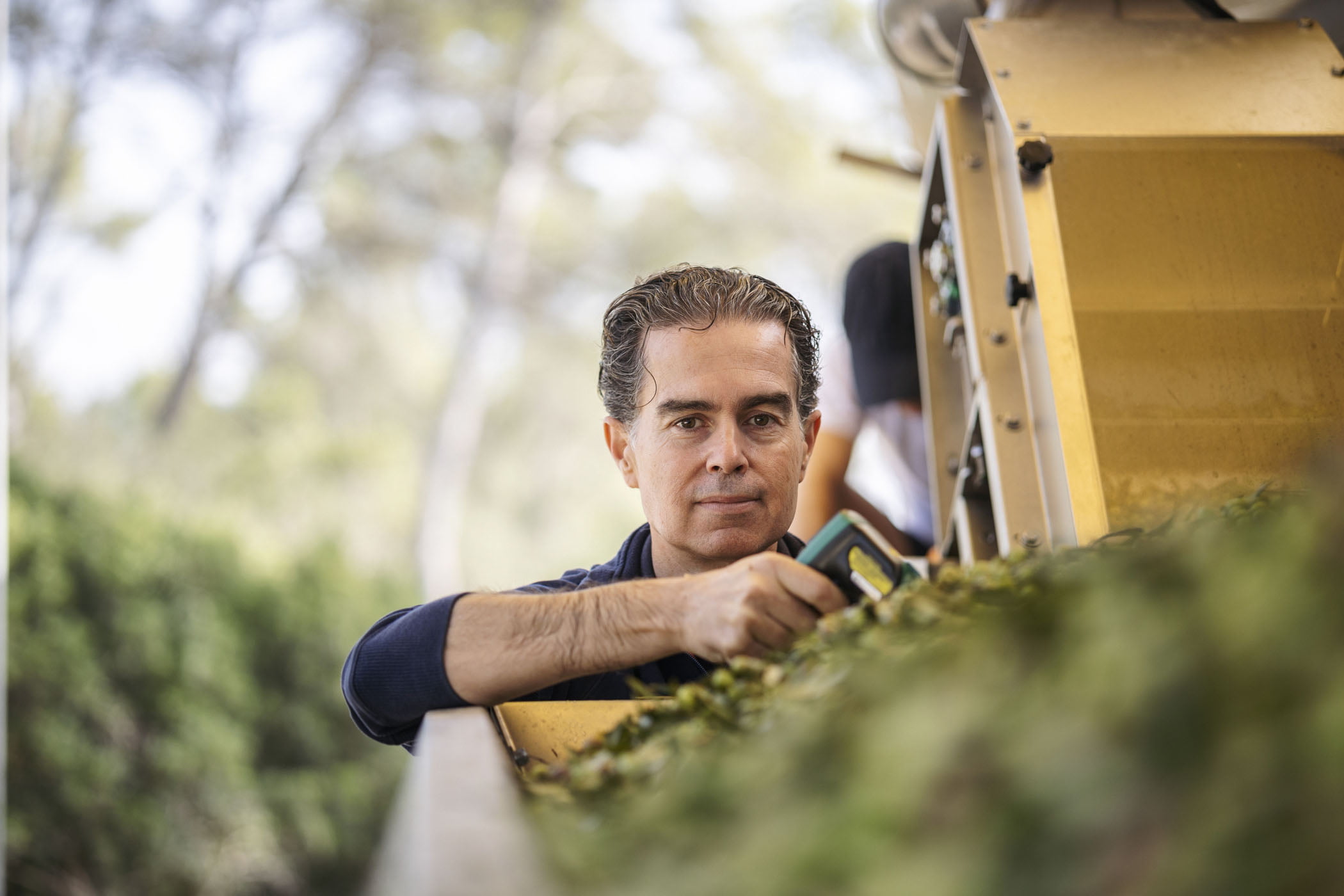
What are the differences between cold extracted olive oil and cold pressed olive oil?
In a simple way, we would say that cold pressed olive oil was the cold extraction method used in the past, in which the olive paste was introduced into a press and pressed until the oil was obtained.
Although nowadays it is almost impossible to find cold-pressed olive oil in a strict sense, this term is still used to refer to the oil called “cold-pressed olive oil” because of its equivalence to oil extracted by the application of heat or chemicals.
The cold extracted olive oil is obtained in a modern oil mill, made of stainless steel, in which the oil follows a circuit that isolates it as much as possible from contact with oxygen, which improves the quality of the final product. In fact, the method is equivalent, since the olives are crushed or cut by means of mechanical arms and then beaten and centrifuged (equivalent to pressing, since a force is applied to obtain the olive juice).
Between cold extracted olive oil and cold pressed olive oil, the main difference lies in the terminology and the specific extraction method, although both refer to processes that avoid the use of heat to maintain the quality of the oil.
- Cold pressed olive oil: Traditionally, the term “cold pressed” refers to a mechanical extraction method where olives are pressed to obtain the oil. This process does not use heat, which helps preserve the flavors, aromas and nutrients of the oil.
- Cold extracted olive oil: This term refers to other extraction methods that do not involve pressing, such as centrifugation, and in which the extraction is carried out under strict temperature control, using refrigeration at low temperatures to preserve the characteristics and properties of the oil.
Both terms are often used to describe high quality oils, especially extra virgin olive oil. The key to both is that the temperature during the extraction process is kept low (generally below 27 °C or 80.6 °F) to ensure that the flavor, aroma and nutrients of the oil are not degraded.
In terms of quality, both cold-pressed and cold-extracted olive oil are considered superior to oils obtained by processes involving high temperatures or chemical methods. The choice between one or the other will depend on availability, price and, in some cases, personal preference as to the subtlety of the oil’s flavor and aroma.



